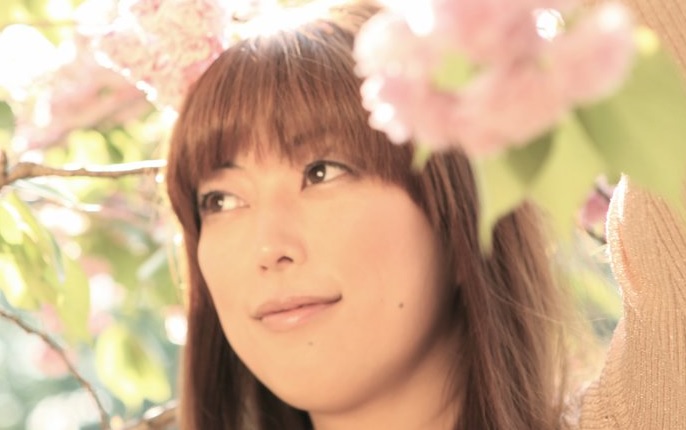The First Case in The World’s Fashion History

The First Case in The World’s Fashion History
PRADA CASE at the UN High Commissioner of Human Rights
with
Rina Bovrisse
Former executive manager at PRADA Tokyo
« I fought Prada Group for over three years in Tokyo District Court, because as their senior manager I witnessed cruel and abusive behavior against women in the workplace, and when I stood up for these employees, I became the target », explained Rina Bovrisse, former senior manager at Prada in Tokyo. « I got fired because I reported incidents to Prada Group head office in Milan of sexual harassment and discrimination by the Prada Japan’s President and the Human Resources manager. »
« I am a Japanese national, educated in the US and Europe since I was a teenager. » After graduating from « Parsons School of Design » in New York, Rina Bovrisse spent 18 years in the fashion industry mainly working at Chanel in New York City. « While happily working at Chanel, I became a new mum and I received a job opportunity to work for Prada Group. » She was promoted in April 2009, moving to Japan to become senior retail operations manager and was tasked with overseeing 500 Prada employees and 42 stores.
In December 2010 she filed along with two co-workers a civil lawsuit against Prada at Tokyo Court « to put an end to the abuse and injustice for women in the fashion industry. The HR manager had already ordered the demotion and transfer of 15 female employees he described as being « old » and not having the « Prada look« , she said.
According to copies of written testimony submitted on Jan. 11 to the Tokyo District Court by the Japanese directors, both said that they asked Bovrisse to change her hair color from bleached blond and to lose weight because appearance is an important aspect of Bovrisse’s work at Prada. “I don’t want to mention (Bovrisse’s) body shape, but Prada’s customers recognize value in Prada’s brand image and admiration toward Prada, and thus it goes without saying that it is desirable that customers looking at shop employees build admiration to wear Prada products just like Prada shop employees do,” the CEO said in his written testimony submitted to the court.
In October 2012, the Tokyo District Court dismissed Bovrisse’s lawsuit « despite statements made by both Judge Reiko Morioka and Prada admitting that I was a victim of sexual harassment and discrimination, she said, and Judge Morioka ruled that it is legal for Prada to commit such acts against their female employees because in her opinion, it is “standard practice” in the fashion industry. »
The group is countersuing her in Japan for $780,000 for “damaging the Prada brand”. Bovrisse’s fight is continuing in Geneva, as the United Nations Committee on the Elimination of Discrimination Against Women has met her and will present a counter-report on the case’s ruling to the Japanese Parliament. The report, provided by the Working Women’s Network, recommends establishing « explicit provisions for penalties on sexual harassment in the Equal Employment Opportunity Law. »
It also reads: « This case shows that there are few gender-sensitive judges who can understand human rights issues including sexual and other harassment cases. The case took three years, and the economic and emotional burden on the plaintiff, who was a single mother, was huge. Prada should withdraw its suit. »
Over a ten day period, as many as 110,000 people signed an online petition on the Change.org’s platform to urge Prada to do so. This campaign was kicked off in October by Ayako Barrera, 33, who sympathized with Bovrisse’s plight. Barrera declared to the Japan Times she also suffered discrimination in Japan, having difficulty landing a job because she is a woman and for using the foreign surname of her American husband.
Irène Lichtenstein
